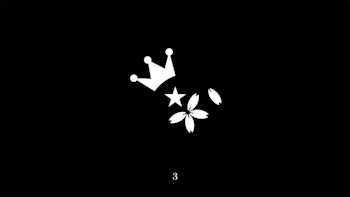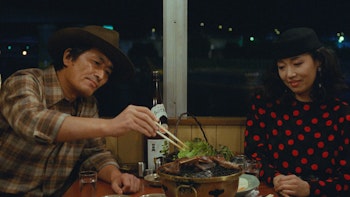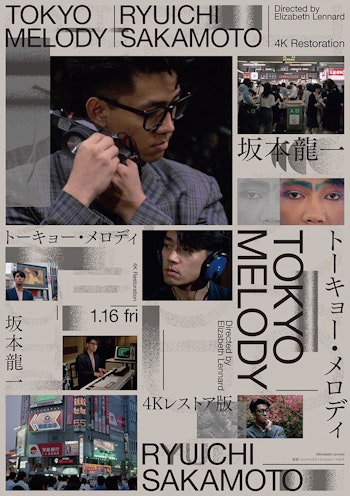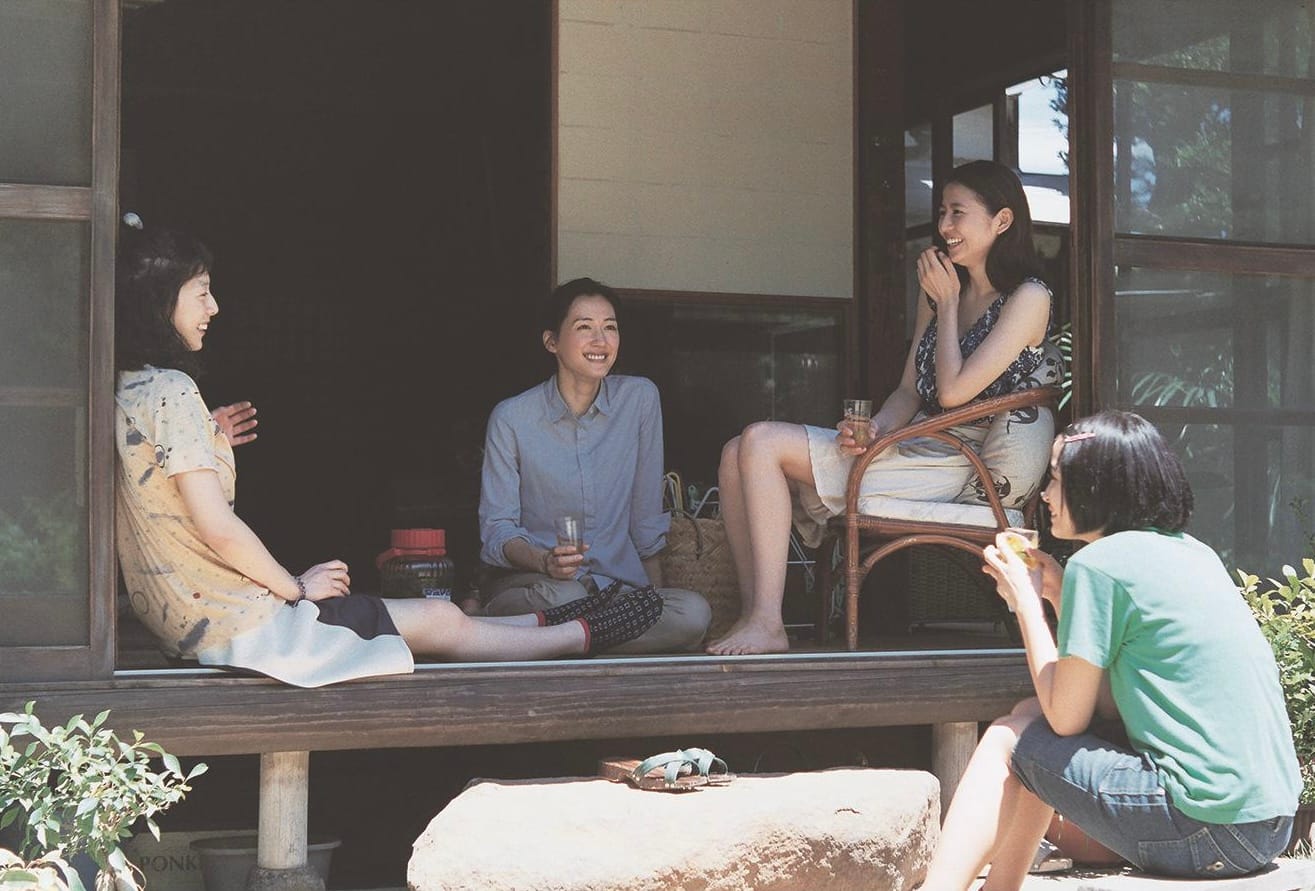
Perhaps the best drama of the year so far comes from Hirokazu Kore-eda with Asura, a remake of a classic drama about four sisters who learn of their elderly father’s long-running affair. At the time of putting together my review for the series my thoughts inevitably drifted towards another story about sisterhood amidst adversity, Our Little Sister. The results differ considerably, but the delicate way in which the veteran director tackles these ideas make comparisons inevitable as a clear attraction to the topic draws him towards this same fertile ground.
Yet if that series is often confrontational in how it views the role of woman in olden Japan and in terms of the power afforded by the gender imbalances and to their feelings on being unfaithful, Our Little Sister is far more level-headed and observant that instead projects inwards from the societal pressures to the home. More, this is a film all about the importance and strength of these bonds, and the ways that sisterhood can blossom from even the hardest of times.
The film begins with the sudden news to three sisters, Sachi, Yoshino and Chika, living together in a large, old house in Kamakura, that their father has suddenly passed away. Not only have they not seen each other for 15 years, the news comes with the similar surprise to finding out he fathered another child in his absence, in turn their half sister. After attending the funeral and meeting the young girl, Suzu, they make the decision to invite her to live with them, leading her to start a new life with them as she comes to terms with her father’s death and finds connection with her new found family.
The topic of family, whether found or by blood, and the bonds that transcend that closeness, is core to much of Kore-eda’s work, whether we discuss his most recent drama, his Oscar-nominated Shoplifters, films like Still Walking, and many others throughout his long career. Yet what’s most immediately striking about the story of Our Little Sister is that in spite of the initial premise being built on the contradictions of the mature strength of the teenage Suzu against the backdrop of grief and the sister’s complex feelings to her father’s past betrayal, this is no melodrama working up conflict and anger to find an answer amidst sorrow and memories of the past.
The sisters are a close unit, brought closer by these circumstances after already being tied by blood, with a trust and intimacy that keeps an air of peace to domestic life despite their individual inner strengths. It’s a desire to share that love that leads them to impulsively invite Suzu to live with them, and what allows them to work through their emotions and move forwards.
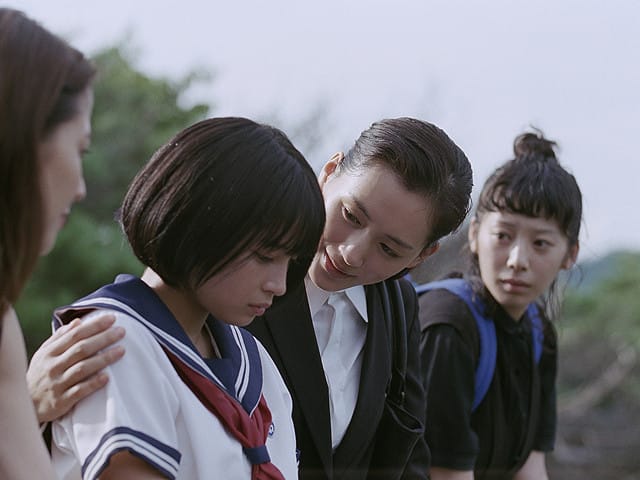
What follows for the next two hours is a journey through the seasons as Suzu becomes a part of this family and their bonds deepen through forgiveness and new memories and change. There’s more in line with the meandering, intimate works of Yasujiro Ozu and Ohayo or Tokyo Story, or director Mikio Naruse who Kore-eda himself noted to being inspired by at the time of the film’s release, than anything else in the director’s filmography. These films are filled with emotion, gripping in their own right, but defined by how ordinary they feel.
If anything, it’s sentimental and nostalgic, inviting, in a way that makes its love feel warm and genuine, and strife feel painful and real.
The core of the film, adapted from the manga Umimachi Diary by Akimi Yoshida, is in trying to understand what life looks like with new responsibilities and with their unifying pain bringing with them new love. While the three women adapted well to life together without either their mother or father in the picture, living with mutual support for one another pushing them forwards, Suzu represents both their new purpose and a manifestation of their concerns. All are single, except for Sachi’s uneasy affair with a fellow doctor. And for all they’re happy or content, is there something more for them?
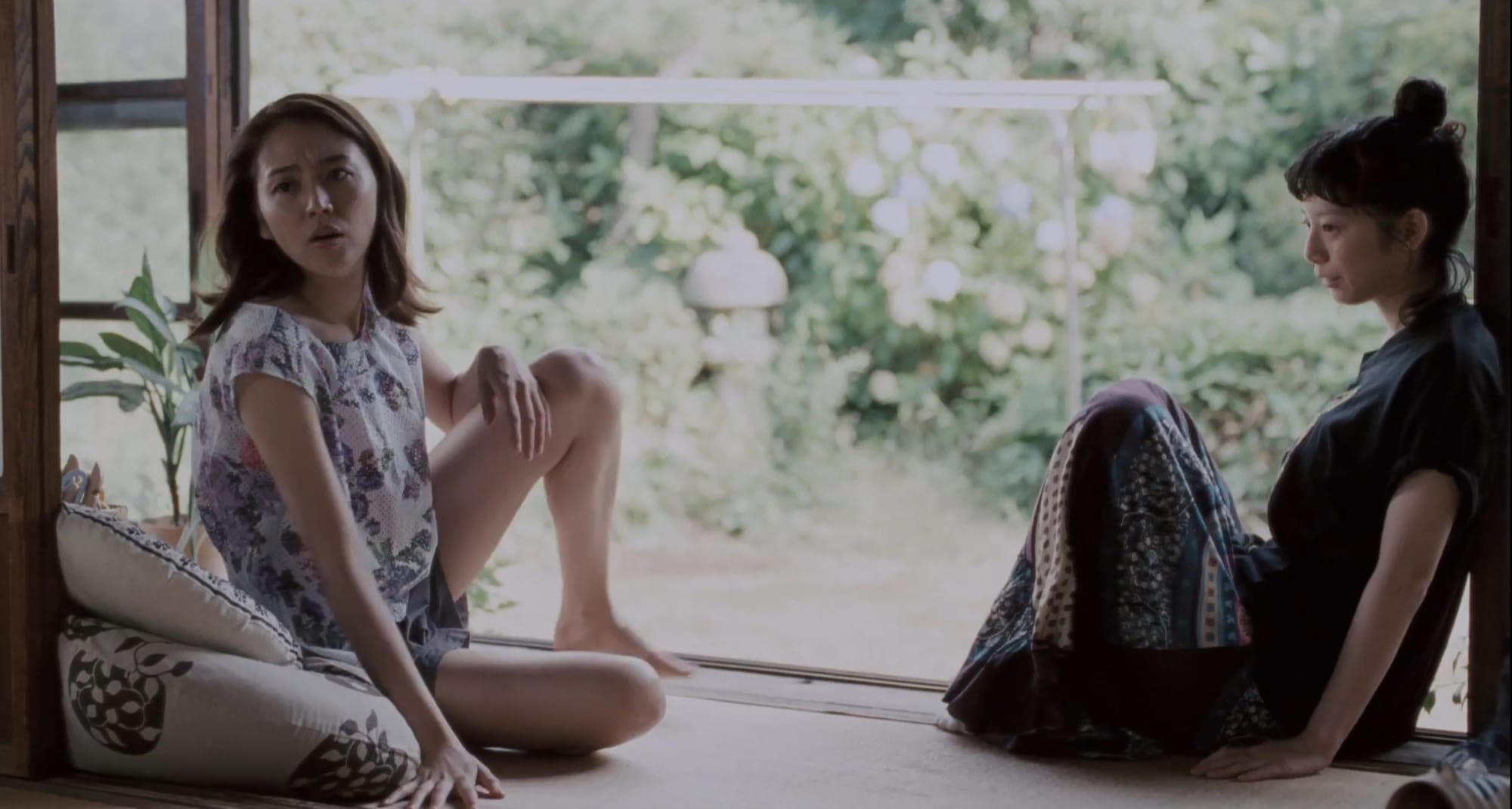
It never becomes an overbearing aspect of the film, but the film plays out as a series of vignettes where calm daily activities of the women working, interacting with long-time friends and people in their community intersect with meetings with family members from the funeral attempting to understand their father’s rash decisions and what it means for them now he’s gone. Particularly, who are the women are that their father left the sisters to be with?
Through learning about their father, about Suzu - the young girl integrates with ease into a new school, finding love and embracing her passion for soccer on the school team, even if she fears she hurts those around her due to her mere existence - the women slowly find peace with their past and purpose for the future. Never aggressive or loud even when tensions reach their maximum, we weave through life and the changing of the year with the joy a new presence in their home has for making them feel like these events happened to them for a reason. It’s a patient film, giving the character’s space as they try and understand what life in their young-adulthood and teens means after all the dust has settled.
And it does so with such beauty and calm that’s engrossing because of its minimalism. Just as much magic comes from watching the sisters move closer with one another as it does from seeing them integrate into village life by catching whitefish and draining it, or seeing the lives of the people pass by like the waves of the sea. After a major moment of character growth and understanding, Kore-eda has the sense to pause the film and let the calming waves of the seaside town pass over us. Time to watch the train pass by, the people wander to the festival, the fireworks fly.
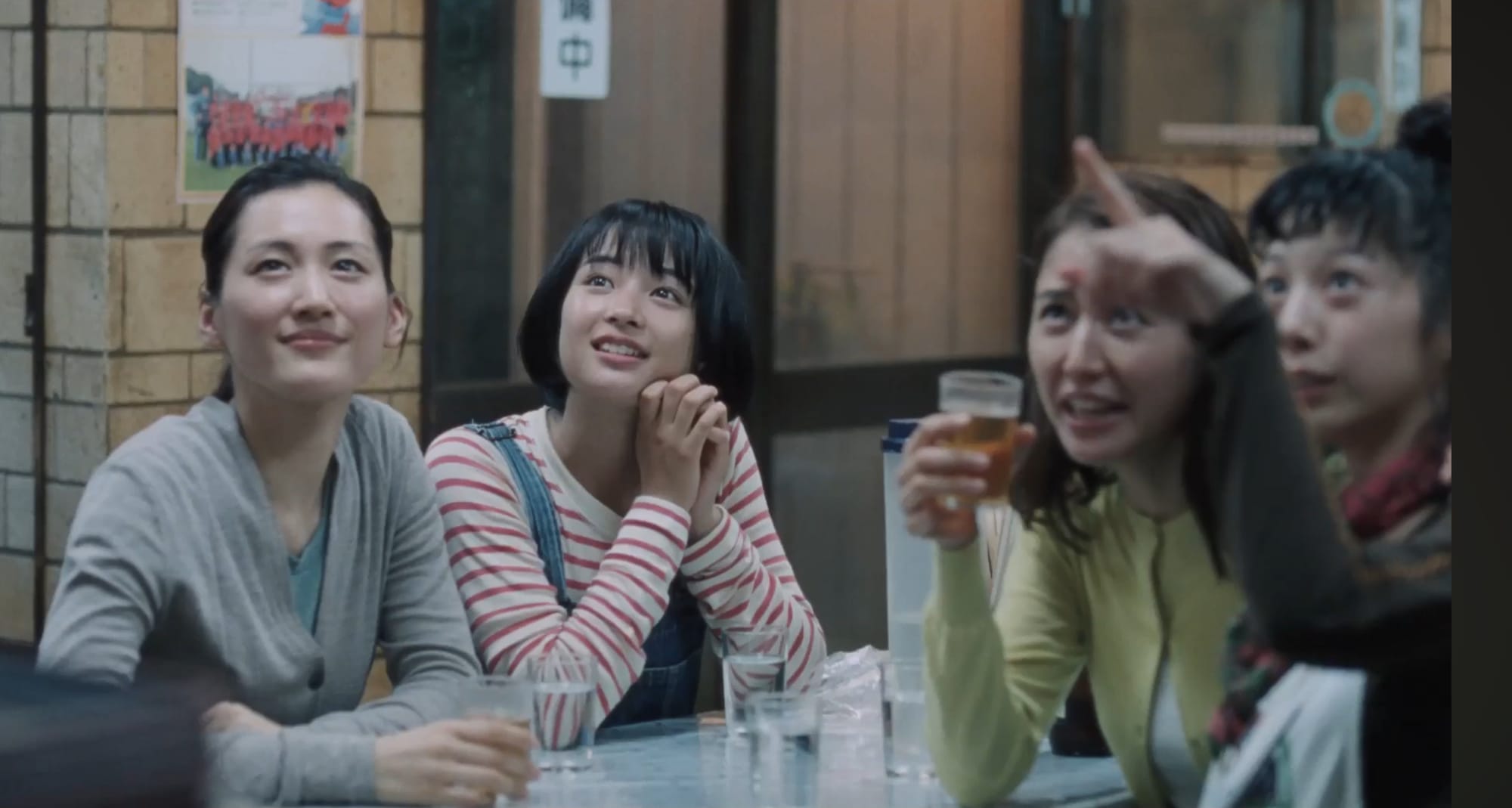
It’s pleasing in how the film lets this traditional image and rural calm pass through, and it’s precisely this that allows the lives of these women to enter your heart and make it whole. Conversations about favorite food and boys, silly moments of relief, and quiet walks given just as much importance as grief exist to remind us how even an ordinary life is not just special, it’s beautiful. It’s powerful and stirring because it’s so plain, yet still captured and photographed with such beauty.
You can certainly see through lines between Asura and Our Little Sister in how it elevates and makes these seemingly-minor concerns and struggles a central part of their stories. But if the former is filled with righteous anger that is given an outlet, Our Little Sister is an alternative yet no-less valid ending for that same emotion. There’s a strength and power that comes in finding an assuredness by looking inwards at our souls and understanding how those concerns are just as important as our other traits to making us who we are. The people who stay with us and come into our lives are attracted to those ideas that wouldn’t be the same if things played out differently.
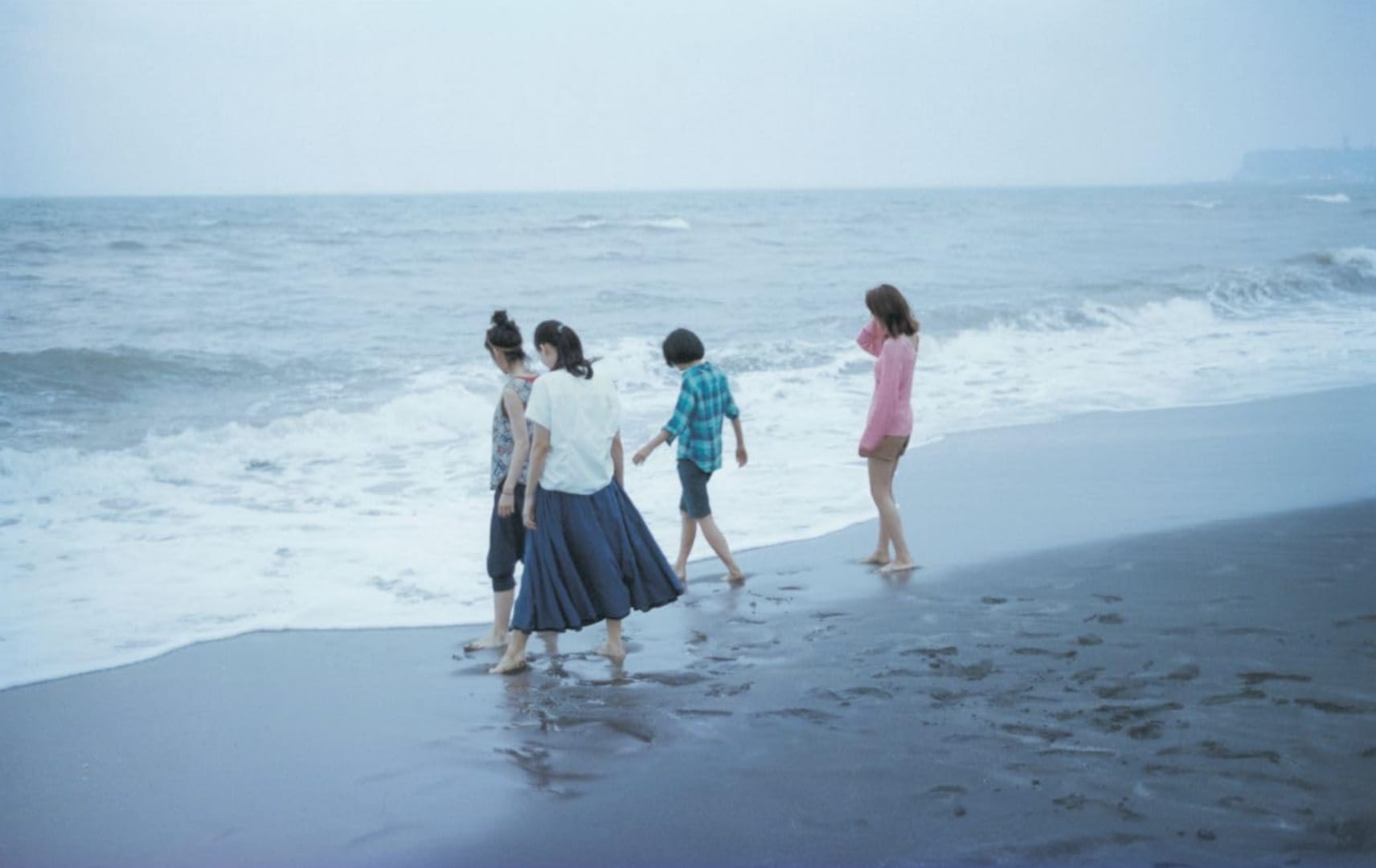
It doesn’t make those past problems any less burdensome or painful. It doesn’t make anxieties disappear. It doesn’t make your problems go away, either. But maybe that’s ok, if you have people around you who care.
scrmbl's Classic Film Showcase shines a light on historical Japanese cinema. You can check out the full archive of the column over on Letterboxd.




